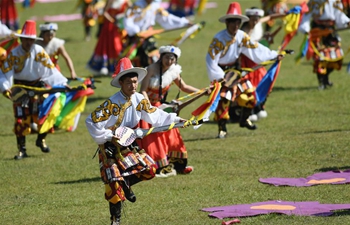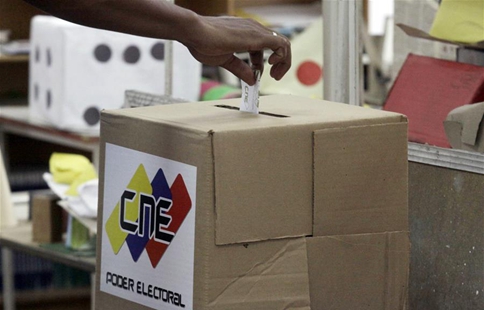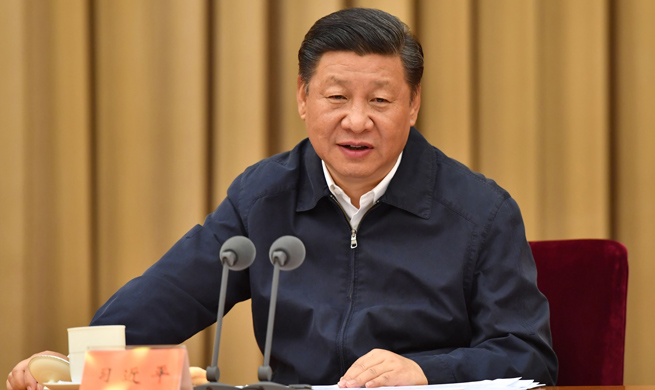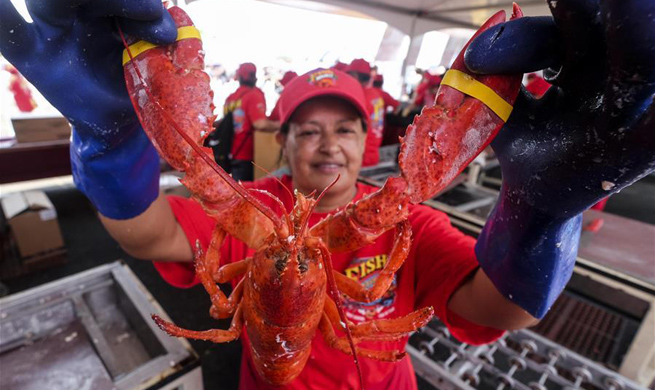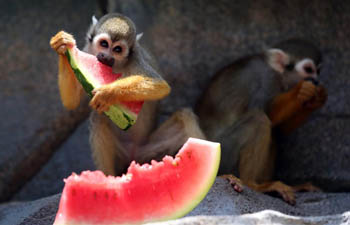CAPE TOWN, July 17 (Xinhua) -- The South African government on Monday denied reports that it has approved international trade in rhino horns.
"The commercial international trade in rhino horn is and remains prohibited in terms of all international protocols that South Africa is party to, particularly the Convention on International Trade in Species of Fauna and Flora (CITES)," the Department of Environmental Affairs (DEA) said.
This came after a South African private game rancher used social websites to advertise an online auction of rhino horns, sparking concern that this could undermine the 40-year-old international ban on rhino horn trading.
The DEA would like to emphasize that international trade in rhino horns would be illegal in terms of domestic regulations and South Africa's international obligations, said DEA spokesperson Albi Modise.
South African rhino breeder John Hume is planning to sell part of his massive stockpile of rhino horns in a global online auction, scheduled for August 21. Hume won a series of court battles earlier this year to overturn the eight-year-old moratorium on the domestic sale of rhino horns.
Although a Constitutional Court order on April 5 this year set aside the moratorium on the domestic trade in rhino horns, the domestic trade in rhino horns is subject to the issuing of the relevant permits in terms of the relevant laws, regulations and applicable provincial legislation in order to be able to trade nationally, according to Modise.
"The planned sale of rhino horn by private rhino owners relates to domestic trade only," Modise said.
The DEA can confirm that it has received an application to sell rhino horn by means of an online rhino auction from a private owner and is in a process of evaluating the application in line with the provisions of the Threatened or Protected Species Regulations, Modise said.
"In terms of the auction, it should be noted that national regulations and legislation with regard to the domestic commercial trade in rhino horn will have to be complied with. This means that the buyers and the seller would have to abide by all laws applicable within the borders of South Africa," Modise added.
The South African government and the DEA remain committed to a well-regulated process implementing its domestic legislation, as well as all CITES provisions, to manage the trade in endangered species, such as rhino, in a manner that is not detrimental to the survival of the species in the wild, Modise noted.
South Africa, home to about 90 percent of the world's rhino population, bears the brunt of rhino poaching, loosing 1,175 rhinos to poaching in 2015.
The government introduced the moratorium on rhino horn trade eight years ago to curb rhino poaching. But private ranchers say that the moratorium has failed to stop the scourge, and therefore should be lifted.




